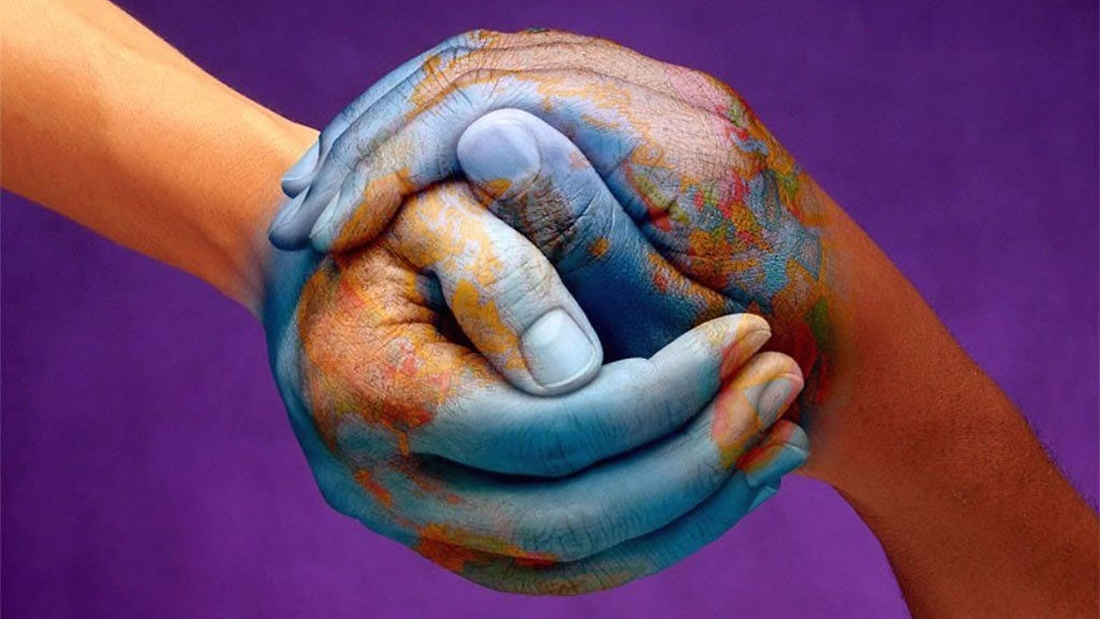Thirteen rights and sixty concrete actions to promote global health.
To promote awareness among citizens and institutions and identify concrete actions to protect global health as a state of biological, psychological, and social well-being and as a fundamental human right. This is the intent of the Civic Charter of Global Health, promoted by Cittadinanzattiva with the involvement of numerous civic actors and experts, which will be presented tomorrow, Nov. 19, from 11:30 a.m. to 1 p.m., in Bastia Umbra as part of the "Fà la cosa giusta/Do the Right Thing" conscious consumption fair.
The World Health Organization (WHO) estimates that more than 25 percent of illnesses in adults and more than 33 percent in children under 5 are due to preventable environmental causes, and about 13 million deaths are attributable annually to environmental exposures, of which more than 7 million are linked to air pollution alone.
"The link between health and the environment is perhaps one of the best-known aspects of the global health approach; alongside this, there has been a growing awareness of how the mental and physical health status of individuals is closely linked to people's enjoyment of civil and social rights and socio-economic and educational levels, and how inequalities weigh in the achievement of populations' health goals," says Francesca Moccia, deputy secretary general of Cittadinanzattiva. "Government policies must increasingly take into account the interconnectedness of these variables: from attention to the mental well-being of the younger generations to health prevention and health promotion even of the invisible, from the quality of life in cities to the health of those in prison and illegal foreigners, the Charter aims to be a tool to design and implement new measures aimed at the health of all."
"Dealing with global health means preventing and reducing inequalities and fostering harmonious and sustainable development; in fact, caring for those farthest away means preventing the diseases of those next to us, considering that we live in a world in which the health of humans, animals, and the environment are increasingly interconnected. It is essential that health as a human right return to the center of global debates and goals, a process that cannot be achieved without a proper focus on social justice, equality and equity," says Walter Ricciardi, president of the World Federation of Public Health Association (WFPHA) and a member of the Scientific Committee of the Global Health Civic Charter.
The Charter defines 13 rights-the right to global health, well-being, sustainability, innovation, access, a life in dignity, information, empowerment, transparency, a human relationship, participation, and to be visible-and about 60 actions to make them concrete and enforceable in three areas.
In the area of health and well-being, measures are suggested to expand universal access to care and strengthen pandemic preparedness, ensuring global access to vaccines, drugs, and therapies, transferring technologies and skills to low-income countries as well as suspending their patents. Actions are needed to make places and cities healthier, with dedicated resources, including organizational ones, and with professional figures such as the Health City manager; facilitating everyone's access to cultural heritage and practices of art, culture, and beauty in the logic of new cultural welfare for physical and mental health.
At the same time for the health of the planet, there are plans among others to implement water and air quality regulations, reclaim, and redevelop polluted areas, redevelop real estate and unused areas to curb land consumption, encourage sustainable mobility, and support the European policies envisaged by the European Green Deal and the Circular Economy Action Plan.
Finally, for greater social justice, it is necessary to guarantee basic health care for the most fragile and invisible people, untying it from registry residence and regularity of residence, implement national prevention and screening campaigns in urban suburbs and Roma camps, and provide an absolute ban on pregnant women entering prison.
The Scientific Committee for the drafting of the Charter is composed of: Alessio Cortiana, International Relations Officer Office VI General Directorate for Communication and European and International Relations of the Ministry of Health; Salvatore Geraci, Medical Officer Health Area Caritas Rome; Marco Frey, President of Global Compact Italy Foundation; Francesca Moccia, Deputy Secretary General of Cittadinanzattiva; Walter Ricciardi, President of the World Federation of Public Health Association (WFPHA); Stefano Vella, Adjunct Professor, Global Health, Catholic University of Rome.
The Global Health Charter is promoted by Cittadinanzattiva with the nonconditional contribution of Janssen Italia, a pharmaceutical company of the Johnson & Johnson Group.




